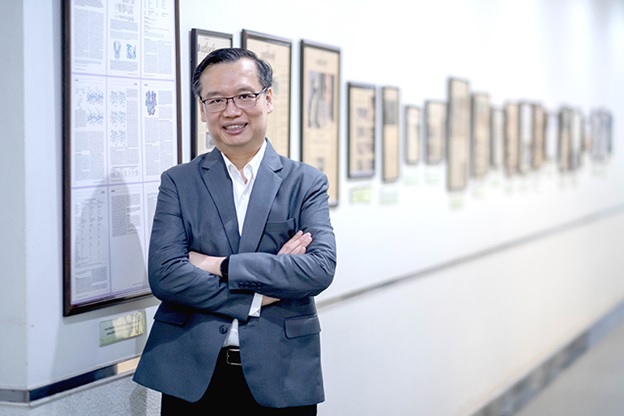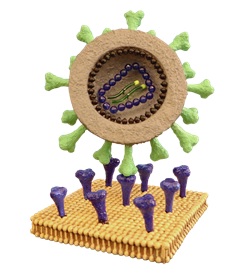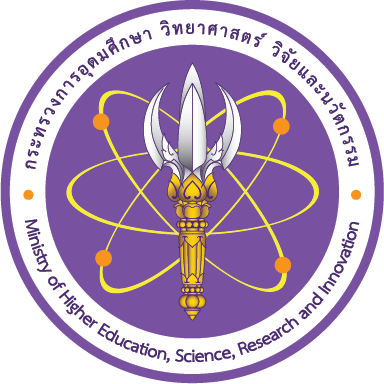Pseudotyping is a powerful technology that produces viruses with foreign viral envelope proteins, called pseudotyped viruses. The pseudotyped virus allows scientists to perform virological studies of dangerous virus in a lower risk setting.

BIOTEC research team led by Dr. Anan Jongkaewwattana has applied this technology to generate a pseudotyped virus with SARS-CoV-2 spike protein that contains a receptor-binding domain (RBD) that allows it to gain entry into cells and lead to infection. This technology has several benefits. The technology responds rapidly to the emerging new variants, and therefore pseudotyped virus containing spike protein of a new variant can be generated rather quickly. The pseudotyped virus does not cause infection, thus allowing researchers and lab technicians to work safely. The pseudotyped virus reacts with cells within 48 hours and can accommodate as many as 90 samples per test, as opposed to 5-6 days and 6 samples for a conventional virus. Pseudotyped viruses can be mass produced within a short time to support R&D activities and is very cost effective.

Dr. Anan further revealed that this SARS-CoV-2 spike-bearing pseudotyped virus has been used to evaluate the efficacy of COVID-19 vaccine candidates developed in Thailand - namely Chula-Cov-19, Baiya vaccine and HXP–GPOVac. In addition, it has been used to study the effectiveness of COVID vaccines administered in Thailand and of various cross-vaccine formulas designed for different age groups.
Not only is this technology useful for the development of drugs and vaccines to fight the COVID-19, it can also be applied to advance the studies of other viral pathogens.








